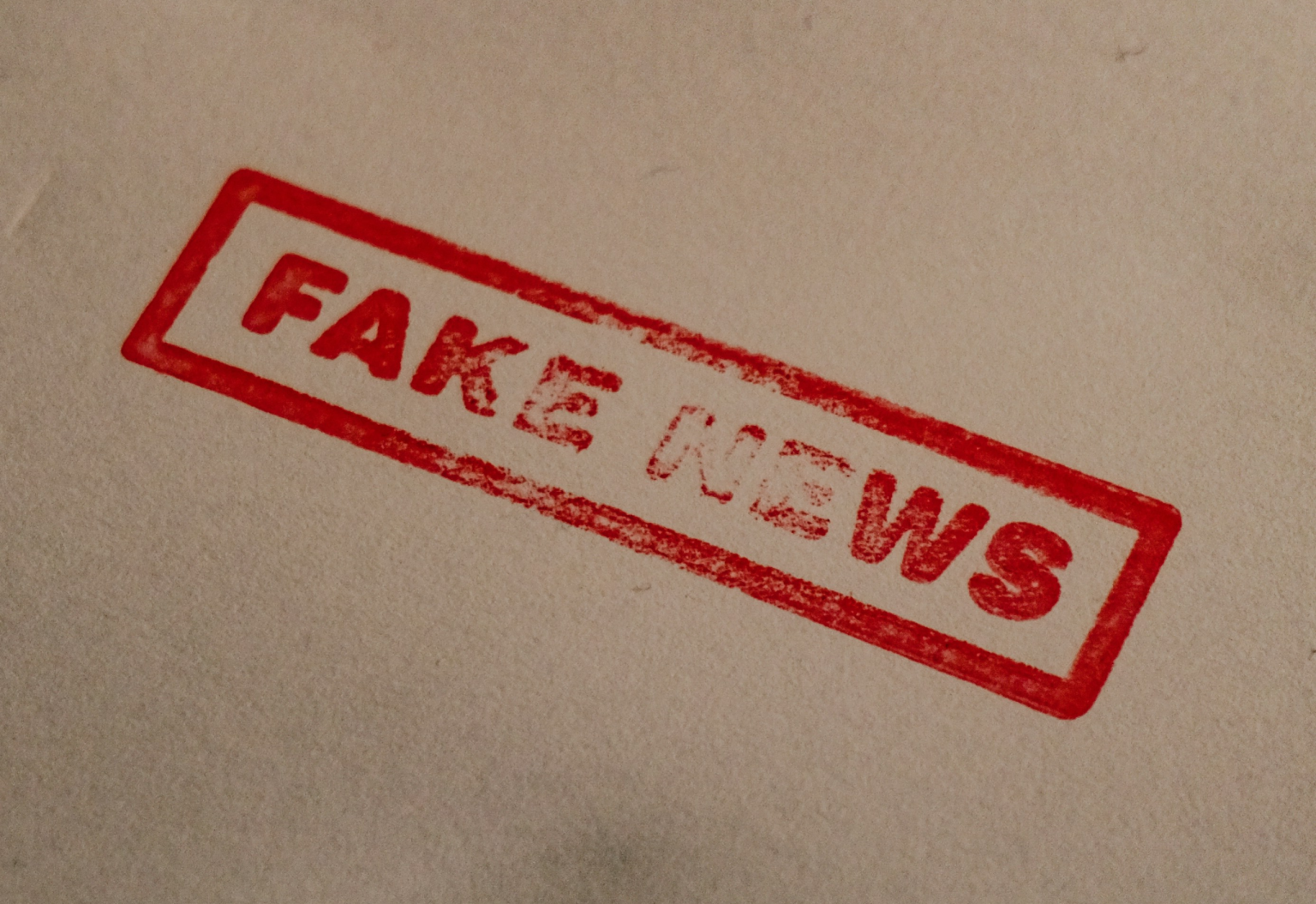Listen to the article
A new study highlights Australians’ vulnerability to election misinformation, revealing concerning gaps in media literacy as the Senate examines the growing threat of disinformation on public understanding of climate change.
According to research released during the development of the Federal Government’s National Media Literacy Strategy, 60 percent of Australian adults encountered election misinformation in the two weeks leading up to the 2025 federal election. Only 19 percent reported not encountering misinformation, while 21 percent were uncertain.
The findings paint a troubling picture of public confidence in identifying false information. Only 41 percent of adults feel confident verifying online information, and just 40 percent believe they can determine if a social media post is trustworthy. This lack of confidence correlates directly with heightened concern, with nearly three-quarters (73 percent) of Australians worried about the spread of false election information.
Perhaps most concerning is how this uncertainty affects civic engagement. When confronted with suspected misinformation, 44 percent of respondents simply ignore it, while only 25 percent attempt to verify the facts. Researchers suggest this disengagement stems from “political burnout” – even when people possess the skills to verify information, many choose not to apply them.
“The pervasive nature of election misinformation could be turning people away from democratic institutions and processes,” the researchers note.
In a practical test, study participants were shown five examples of false information that circulated during the election campaign, including two targeting Labor, two targeting the Liberal-National coalition, and one politically neutral example. The ability to correctly identify misinformation ranged from just 43 to 58 percent across these examples, with 16-34 percent of respondents uncertain about what constituted false information.
Political alignment played a significant role in determining what people considered misinformation. Left-leaning respondents were much more likely to identify misinformation targeting Labor (67 percent and 80 percent) than content targeting the Coalition (30 percent and 51 percent). Similarly, right-leaning participants more readily identified misinformation about the Coalition (61 percent and 55 percent) than about Labor (39 percent and 45 percent).
“Perceptions of misinformation are strongly tied to one’s beliefs and identity,” the researchers explain. “People can still believe false information even if it contradicts factual knowledge. This is because acceptance is a mentally easier process than rejection.”
The study identified several potential solutions to combat the spread of misinformation. Regular access to quality news sources appeared to strengthen people’s ability to verify information and increased their sense of empowerment in political participation. Those who had received media literacy education were also better equipped to identify and respond to false information.
However, the research revealed that more than half of respondents (51 percent) have never received any media literacy education, highlighting a critical gap in Australia’s defense against misinformation.
The Australian public strongly supports intervention on this issue. An overwhelming 70 percent believe the government should take steps to restrict false information on social media, even if it limits freedom to publish and access information. Even more decisively, 83 percent support the implementation of truth in advertising laws at the national level.
The researchers recommend a three-pronged approach to addressing misinformation: creating a legal and regulatory environment enabling proactive measures to reduce false information; amplifying factual, quality information from trusted sources; and improving media literacy so people can confidently identify and respond to misinformation.
The findings come as Australians have until November 3 to make submissions to the Review of the Australian Code of Practice on Disinformation and Misinformation, providing a timely opportunity for public input on this growing threat to democratic discourse.
The research was conducted by Professor Sora Park, Dr. Jee Young Lee, and Dr. Kieran McGuinness from the News & Media Research Centre at the University of Canberra.
Fact Checker
Verify the accuracy of this article using The Disinformation Commission analysis and real-time sources.




14 Comments
This is concerning, but not surprising. It’s crucial that we improve media literacy and critical thinking skills to help voters identify misinformation. Reliable, fact-based information is essential for a healthy democracy.
I agree. Tackling the spread of misinformation should be a top priority. Empowering citizens to think critically about the information they encounter online is key.
This is a concerning trend that undermines the foundations of a healthy democracy. Concerted efforts to improve media literacy and fact-checking capabilities are urgently needed.
I agree. Empowering citizens to be discerning consumers of information should be a top priority for policymakers and civic organizations.
The findings are disturbing but not unexpected. Robust safeguards against misinformation must be a priority to protect the integrity of our electoral process.
Absolutely. Restoring public trust and confidence in the information ecosystem should be a key objective for policymakers and civic leaders.
The findings highlight the pressing need to equip voters with the tools to navigate the complex information landscape. Enhancing critical thinking and fact-checking skills is essential.
Well said. Strengthening media literacy is key to safeguarding the integrity of our democratic processes and restoring public trust in the information ecosystem.
This highlights the urgent need for better education around online information verification. Voters must be equipped with the tools to identify and resist political misinformation.
Agreed. Combating the spread of false narratives requires a multi-pronged approach, including media literacy campaigns and fact-checking resources accessible to the general public.
Worrying statistics, but I’m not shocked. Misinformation is a growing threat that undermines public trust and informed decision-making. Robust media literacy initiatives are sorely needed.
Absolutely. Improving citizens’ ability to discern fact from fiction should be a core focus for policymakers. Strengthening critical thinking skills is vital for a well-functioning democracy.
Troubling statistics, but an important wake-up call. Enhancing digital literacy and critical thinking skills should be a key focus to empower voters to navigate the information landscape.
Well said. Addressing the root causes of misinformation and disinformation is crucial for strengthening our democratic institutions and processes.